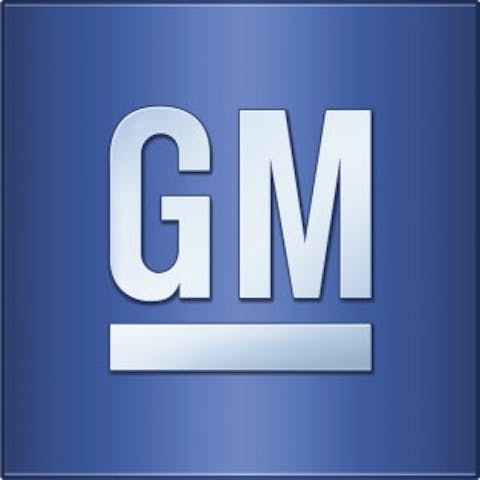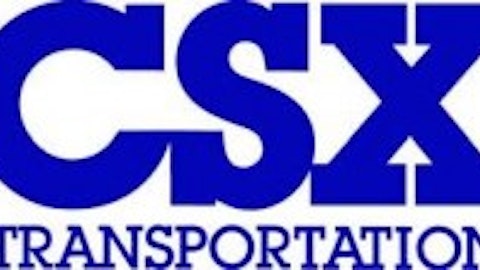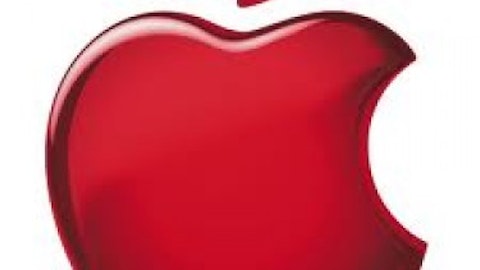
On various occasions in the past, I have written that it is impossible to justify the high price of junk bonds and their correspondingly low yields. You must remember that the default rate on these bonds will soar, sooner or later. In March 2009, for comparison, the default rate on this category of debt hit 14.9%. And of course, default rates rise when more bonds are issued. Issuance hit an all-time record in 2012.
Not the only sign
Believe it or not, that’s not even the worst sign that the debt market is headed for an enormous crash. Not only are investors no longer being compensated adequately for the risk of default, issuers of these debts have also succeeded in placing clauses in the contracts that allow them to repay investors with additional debt securities rather than cash. So-called pay-in-kind (PIK) toggle notes allow corporate borrowers the option of issuing still more debt rather than paying bondholders interest in cash.
Needless to say, a borrower who requires the option to repay you with still more debt isn’t likely to repay you. These investments are sure to end badly, too.
A few live examples
This past month, General Motors Company (NYSE:GM) issued new debt paying a yield of only 3.75%. General Motors Company (NYSE:GM) is sitting on roughly $100 billion in pension obligations. It went bankrupt less than five years ago. And it operates in a sector that’s still suffering from massive overcapacity. For investors to sacrifice their capital for five years and be rewarded with 3.75% is nothing short of ridiculous. That’s a sure sign of a top in the corporate bond market. And General Motors Company (NYSE:GM) wasn’t doing it alone.
In May, Berkshire Hathaway Inc. (NYSE:BRK.A), whose cash hoard reached a record $49.1 billion in its first quarter, sold $500 million of 1.3%, five-year debt with a 57 basis-point spread and an equal portion of 4.3%, 30-year bonds with a relative yield of 135 basis points. Remember, Berkshire Hathaway Inc. (NYSE:BRK.A) doesn’t need all that cash – it took it simply because it could. And when Buffett is selling bonds, instead of buying them, everyone should stop and listen. Technically speaking, you could say that Buffett and Berkshire Hathaway Inc. (NYSE:BRK.A) are short the bond market.
Apple Inc. (NASDAQ:AAPL) had zero debt until it sold $17 billion worth of bonds six weeks ago. They all had very low yields. But the extreme series was 30-year bonds that yielded 3.85%. That’s way too low for a 30-year bond. Obvious to anyone (but to Apple Inc. (NASDAQ:AAPL) bond holders..), anything can happen in 30 years, especially to a technology company like Apple Inc. (NASDAQ:AAPL) which has risen and fallen several times in the not-so-distant-past. Now, based on historical figures, high quality bonds (issued by high quality companies like Apple Inc. (NASDAQ:AAPL)) normally offer about 300 basis points (3%) more than U.S Treasuries. With the U.S Treasuries at 2.5%, I think that Apple Inc. (NASDAQ:AAPL)’s 30 year bonds should yield somewhere in the area of 6% for them to provide any real margin of safety. That means that their price should drop by about 36% from the price at issuance. As of last week, the wheel has started to turn against Apple Inc. (NASDAQ:AAPL) bond holders. The price of the 30 year series dropped severally to yield 4.49 percent, according to Trace, the bond-price reporting system of the Financial Industry Regulatory Authority. That’s the lowest price since they were issued April 30.
A Foolish warning
The bond market has simply no way to go but down. For the past 3 years, companies have been issuing debt in staggering amounts and at ridiculous rates. Investors have been tempted to buy these bonds and sacrifice their principal in return for a few measly percentage points. The case of Apple’s bonds is the first indication to what the future holds in store for the general corporate bond market. Beware.
The article The Bond Market Has Only One Way To Go originally appeared on Fool.com and is written by Shmulik Karpf.
Shmulik Karpf has no position in any stocks mentioned. The Motley Fool recommends Apple, Berkshire Hathaway, and General Motors. The Motley Fool owns shares of Apple and Berkshire Hathaway. Shmulik is a member of The Motley Fool Blog Network — entries represent the personal opinion of the blogger and are not formally edited.
Copyright © 1995 – 2013 The Motley Fool, LLC. All rights reserved. The Motley Fool has a disclosure policy.




